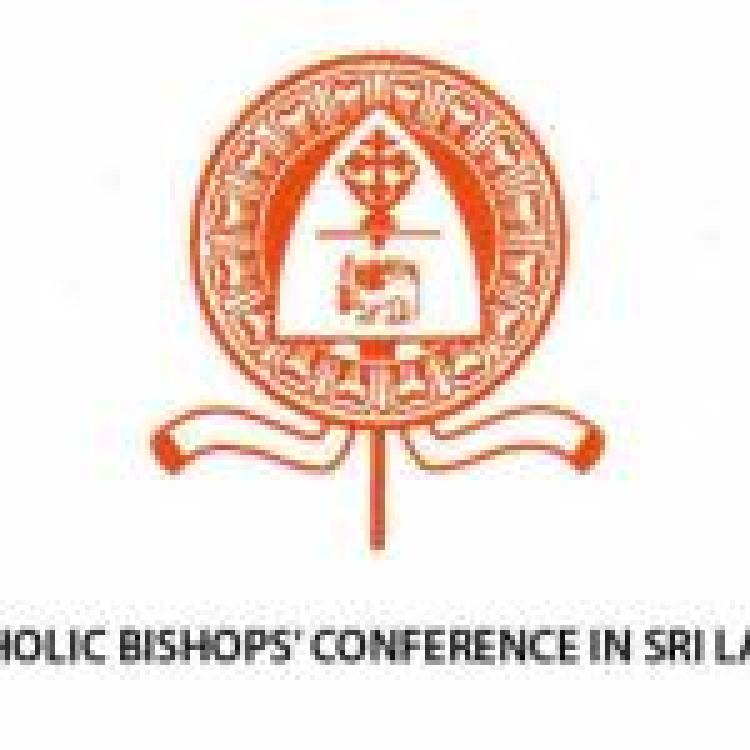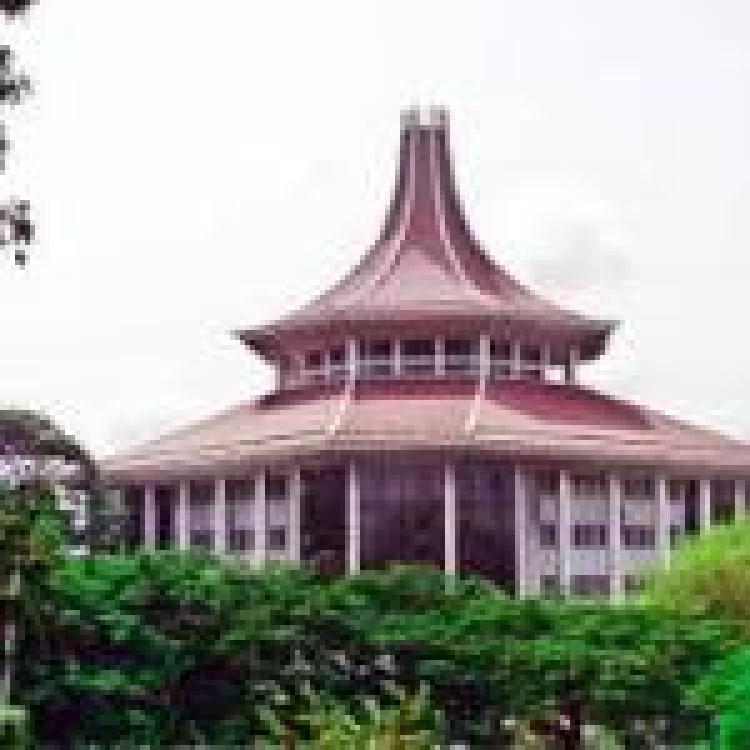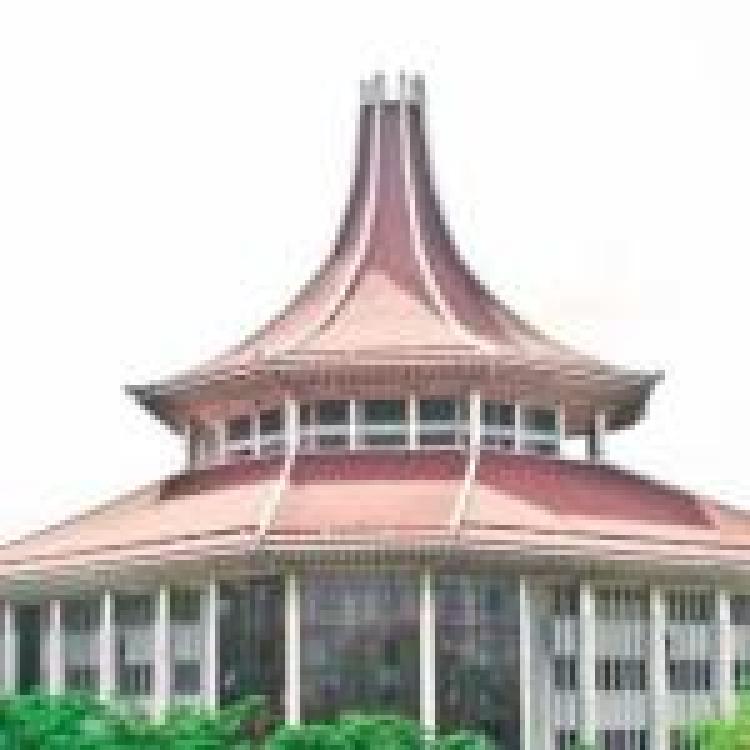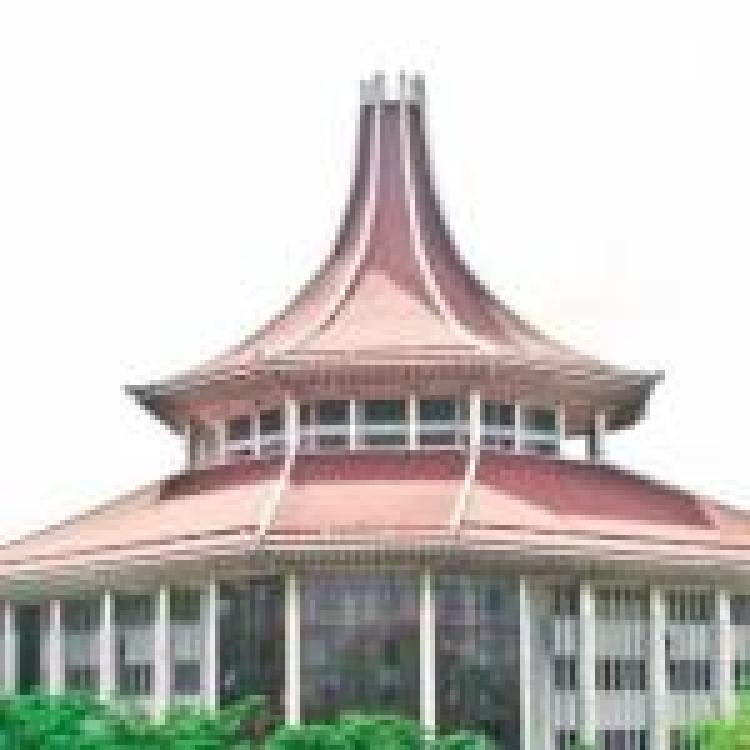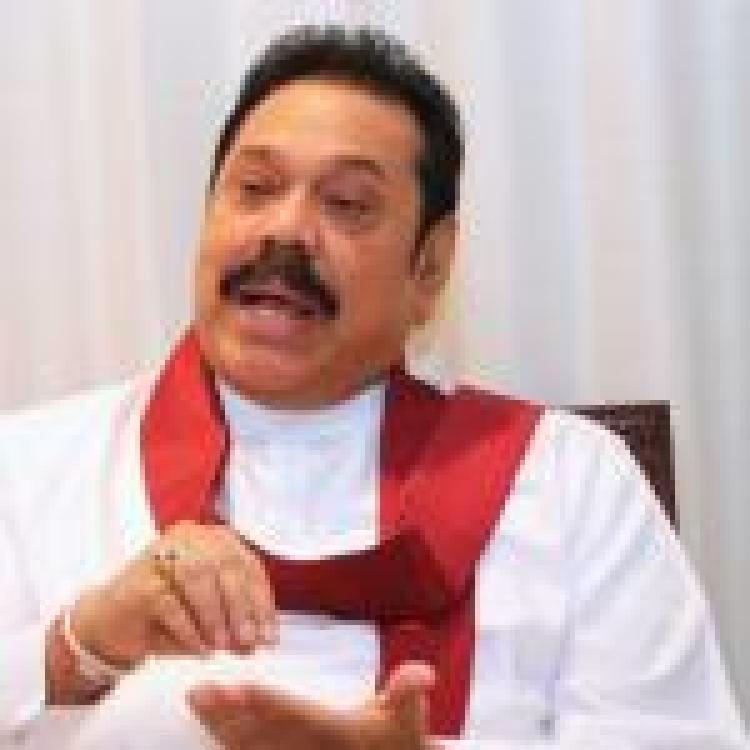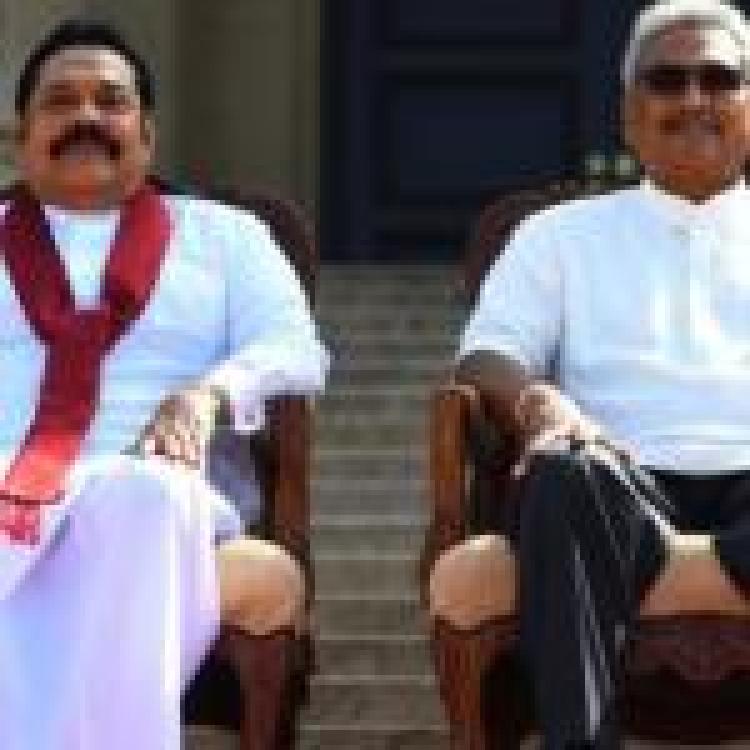![]()
Sri Lanka’s parliament has begun debating the controversial 20th Amendment to the Constitution, with reports that 24 Opposition MPs may support the government proposal, just days after a Supreme Court ruling.
The 20th Amendment has come under criticism as it seeks to consolidate the power of the Sri Lankan president’s office and removes several checks and balances. Nevertheless, as the debate was underway in parliament this morning, reports suggested that at least 24 Opposition MPs may support the government. The 24 parliamentarians had also reportedly previously voted in favour of the 17th, 18th and 19th Amendments, much of which will be undone if the 20th Amendment passes.
Sri Lanka’s ruling SLPP party, led by the war crimes accused Rajapaksas, need at least 150 votes to pass the 20th Amendment, and look set to have the majority secured.
The debate follows a Supreme Court ruling on Tuesday which was concerned with specific provisions that enabled the president to dissolve Parliament after a year; gave him immunity from lawsuits. The court has maintained that a referendum would be required if the sections are not appropriately changed.
The current provisions of the constitution enable courts to question the President’s actions on legal grounds and prohibits the dissolution of Parliament until six months before the legislature’s give term ends.
Concerns over the 20th Amendment
The Associated Press has reported that the courts are permitting other controversial provisions including granting the President the power to power to hold any number of ministries; appoint and sack ministers; and appoint top judges and officials to the country's key institutions.
In September UN High Commissioner for Human Rights, Michelle Bachelet, raised concerns about these provisions as they threaten the independence of important institutions. She stated:
“I am troubled that the new government is swiftly reneging on its commitments to the Human Rights Council… Among other developments, the proposed 20th Amendment to the constitution may negatively impact the independence of key institutions, including the National Human Rights Commission.”
Parliamentary Speaker, Mahinda Yapa Abeywardena, has maintained despite these concerns that certain sections of the amendment may be rectified through parliamentary demand and others through the guidance of the Supreme Court.
Sri Lanka’s parliament is currently debating the current amendment with a vote on ratification scheduled for this evening. The support of at least 150 lawmakers will be needed to pass the amendment, as well as a referendum if required.
Constitutional Authoritarianism
The executive presidential system was introduced under the presidency of J. R. Jayewardene in 1978 and has been criticised as a high tide of authoritarianism. Subsequent governments have rolled back the control from the Executive Presidency but have not removed the position.
Commenting on Twitter earleir this year, Jaffna-based lawyer Dr Kumaravadivel Guruparan maintained that the 17th and 19th amendments “were propelled by constitutional-political moments” but that norm was always authoritarian constitutionalism.
“Let us not forget that movers of both 17th and 19th amendments (CBK & Ranil), when they were proximate to capturing the institution of Presidency (Ranil) or President (CBK) refused to abolish EP”.
He further stated:
“Authoritarianism did not start with the Rajapaksas in Sri Lanka and will not end with the Rajapaksas either”.


